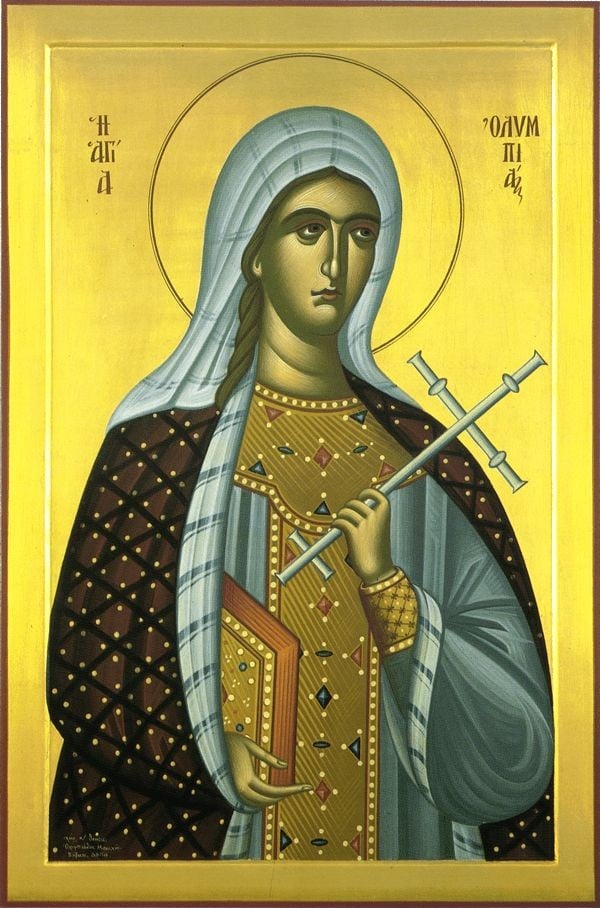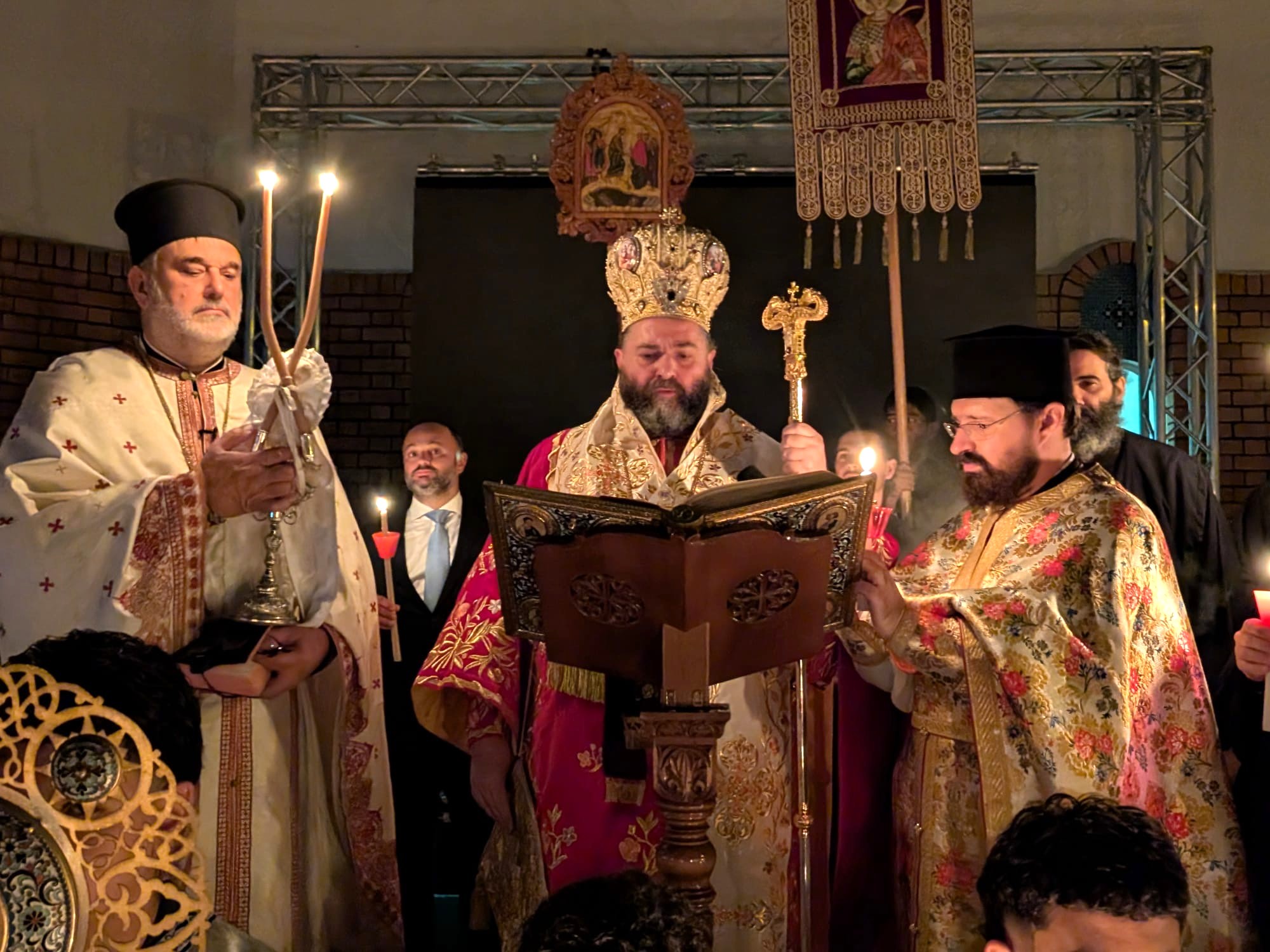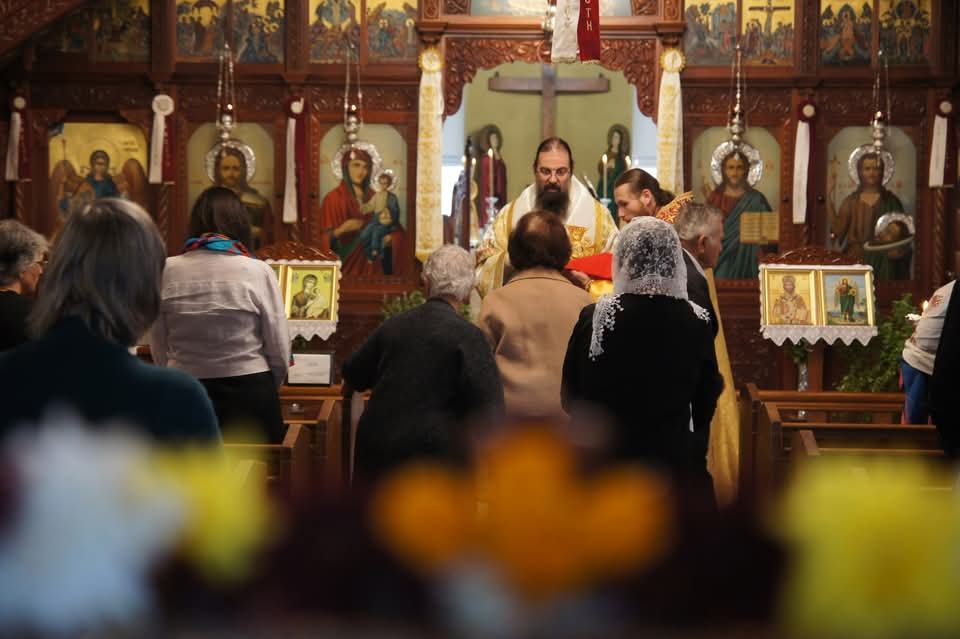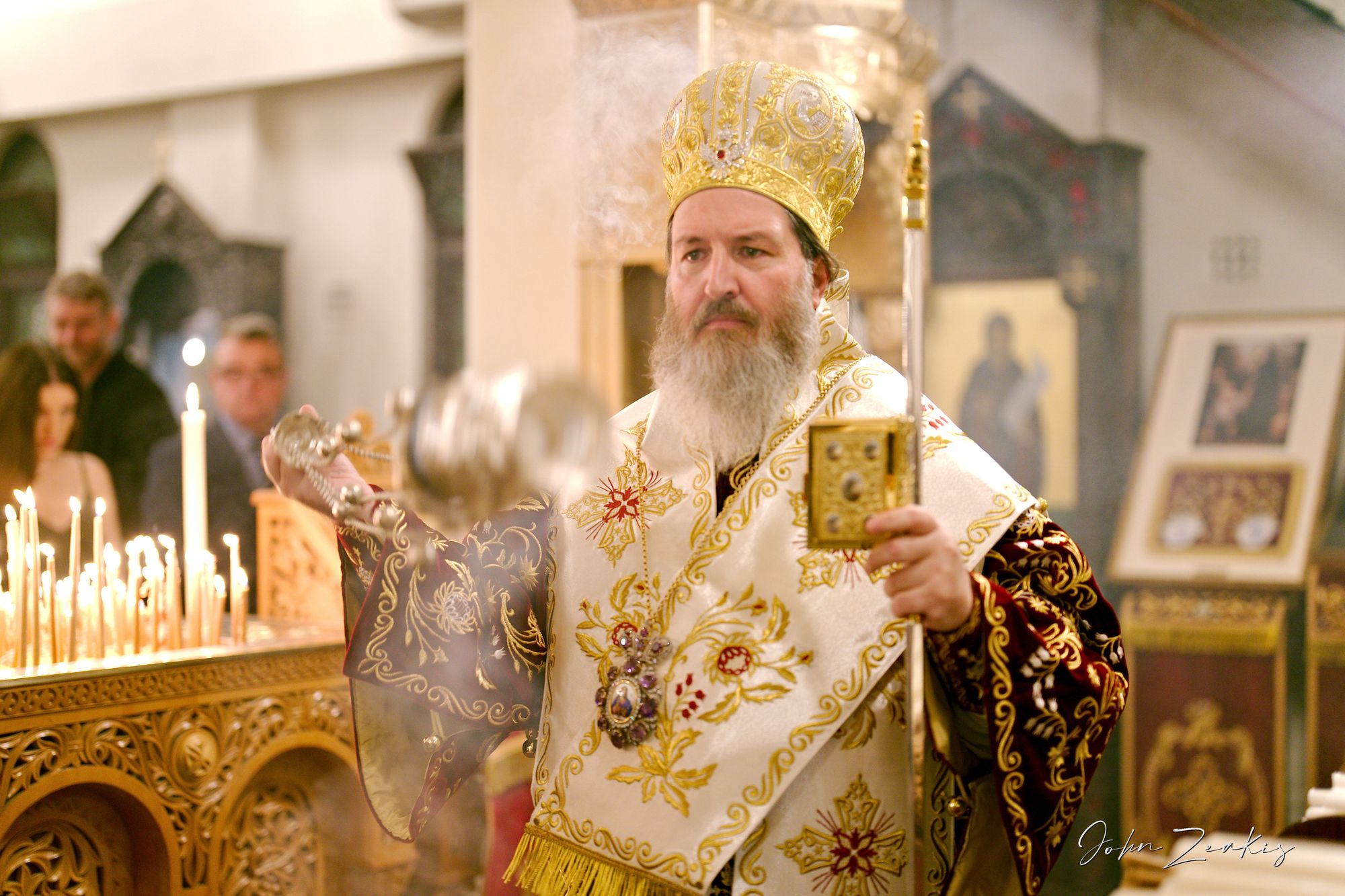Saint Olympias (Olympiada) the Deaconess of Constantinople (25 July)

Saint Olympias the Deaconess was the daughter of the senator Anicius Secundus, and by her mother she was the granddaughter of the noted eparch Eulalios (he is mentioned in the life of Saint Nicholas). Before her marriage to Anicius Secundus, Olympias’s mother had been married to the Armenian emperor Arsak and became widowed. When Saint Olympias was still very young, her parents betrothed her to a nobleman. The marriage was supposed to take place when Saint Olympias reached the age of maturity. The bridegroom soon died, however, and Saint Olympias did not wish to enter into another marriage, preferring a life of virginity.
After the death of her parents she became the heir to great wealth, which she began to distribute to all the needy: the poor, the orphaned and the widowed. She also gave generously to the churches, monasteries, hospices and shelters for the downtrodden and the homeless.
Holy Patriarch Nectarius (381-397) appointed Saint Olympias as a deaconess. The saint fulfilled her service honorably and without reproach.
Saint Olympias provided great assistance to hierarchs coming to Constantinople: Amphilochius, Bishop of Iconium, Onesimus of Pontum, Gregory the Theologian, Saint Basil the Great’s brother Peter of Sebaste, Epiphanius of Cyprus, and she attended to them all with great love. She did not regard her wealth as her own but rather God’s, and she distributed not only to good people, but also to their enemies.
Saint John Chrysostom (November 13) had high regard for Saint Olympias, and he showed her good will and spiritual love. When this holy hierarch was unjustly banished, Saint Olympias and the other deaconesses were deeply upset. Leaving the church for the last time, Saint John Chrysostom called out to Saint Olympias and the other deaconesses Pentadia, Proklia and Salbina. He said that the matters incited against him would come to an end, but scarcely more would they see him. He asked them not to abandon the Church, but to continue serving it under his successor. The holy women, shedding tears, fell down before the saint.
Patriarch Theophilus of Alexandria (385-412), had repeatedly benefited from the generosity of Saint Olympias, but turned against her for her devotion to Saint John Chrysostom. She had also taken in and fed monks, arriving in Constantinople, whom Patriarch Theophilus had banished from the Egyptian desert. He levelled unrighteous accusations against her and attempted to cast doubt on her holy life.
After the banishment of Saint John Chrysostom, someone set fire to a large church, and after this a large part of the city burned down.

All the supporters of Saint John Chrysostom came under suspicion of arson, and they were summoned for interrogation. They summoned Saint Olympias to trial, rigorously interrogating her. They fined her a large sum of money for the crime of arson, despite her innocence and a lack of evidence against her. After this the saint left Constantinople and set out to Kyzikos (on the Sea of Marmara). But her enemies did not cease their persecution. In the year 405 they sentenced her to prison at Nicomedia, where the saint underwent much grief and deprivation. Saint John Chrysostom wrote to her from his exile, consoling her in her sorrow. In the year 409 Saint Olympias entered into eternal rest.
Saint Olympias appeared in a dream to the Bishop of Nicomedia and commanded that her body be placed in a wooden coffin and cast into the sea. “Wherever the waves carry the coffin, there let my body be buried,” said the saint. The coffin was brought by the waves to a place named Brokthoi near Constantinople. The inhabitants, informed of this by God, took the holy relics of Saint Olympias and placed them in the church of the holy Apostle Thomas.
Afterwards, during an invasion of enemies, the church was burned, but the relics were preserved. Under the Patriarch Sergius (610-638), they were transferred to Constantinople and put in the women’s monastery founded by Saint Olympias. Miracles and healings occurred from her relics.
Olympias was born in Constantinople of very distinguished parents. Her father, Anysius Secundus, was a senator, and her mother was the daughter of the famous nobleman Eulavius, who is mentioned in the life of St. Nicholas the Wonderworker. When Olympias reached maturity, she was betrothed to a nobleman who died before the marriage took place. The emperor and her other relatives pressured Olympias to marry another, but in vain. She in no way desired this, and devoted herself to a God-pleasing life, giving great offerings to the churches and alms to the needy from her inherited estate. She served as a deaconess in the Church during the time of Patriarch Nectarius and, after his death, during the time of St. John Chrysostom.
When Chrysostom was exiled, he counseled Olympias to remain in the church and to serve as before, regardless of who the patriarch after him would be. Immediately after the banishment of this great saint, someone started a fire in the Great Church [The Church of the Divine Wisdom, Hagia Sophia], and the fire consumed many prominent buildings in the capital. The enemies of St. John Chrysostom accused this holy woman of maliciously starting the fire. Olympias was banished from Constantinople to Nicomedia, where she died in the year 410 A.D. She had requested in her last testament that her body be placed in a box and cast into the sea, and that she was to be buried wherever the waves brought it ashore. The coffin was cast ashore in the city of Vrochthoi, where there was a church dedicated to the Apostle Thomas.
Throughout the centuries, her relics have had the power of great healing miracles. The exiled Chrysostom wrote beautiful letters to the exiled Olympias, which even today serve as a great comfort to all those who suffer for the sake of God’s justice. Among other things, Chrysostom wrote to Olympias: “Now I am very happy, not only because you have been delivered from infirmity, but even more because you are nobly enduring all difficulties, referring to them as trivialities, which is characteristic of a soul full of strength and abounding in the rich fruits of courage. For not only are you courageously enduring misfortune, but you do not even notice it when it comes and, without exertion, without labor and disturbance, do not even inform others, but rejoice and triumph over it. This serves as proof of the greatest wisdom” (Letter VI).
Source: oca.org / westserbdio.org





